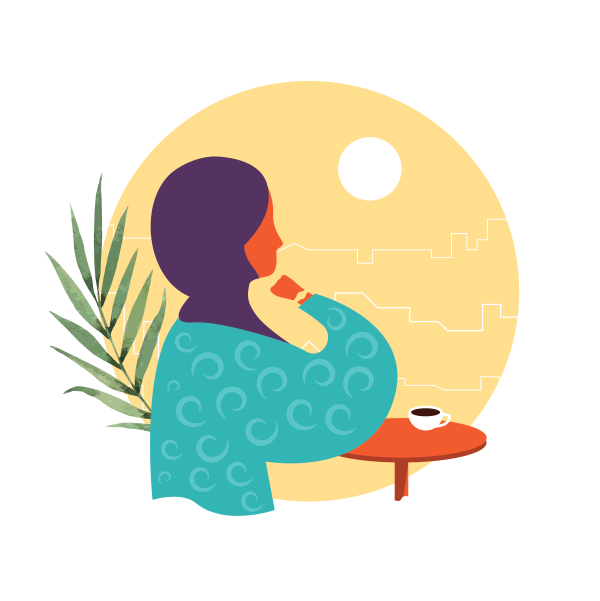
Thank you! You should receive an email asking you to confirm your subscription.
Oops! Something went wrong while submitting the form.
March 12, 2023

A couple of years ago, I was working with Moroccan women’s rights organizations to develop a mechanism for evaluating a women’s leadership program as a part of my PhD. We were trying to figure out how to capture the program’s impact on the participants’ lives, and how they conceptualized leadership after participating in the program. To do this, we conducted all the standard data collection methods, like check-the-box surveys and interviews with program participants. During one of these interviews, a woman shared a story about her experience that has profoundly shaped the way I understand data collection and evaluating impact.
She explained that an exemplification of how the program had changed her life was the very fact that she was in the room speaking to us, having traveled alone, by train to participate in the interview. For many of us, this may not be an obvious display of leadership, but for this woman who came from a conservative family and had to negotiate with her husband to allow her to get on a train by herself — something she had never done in her life — this was a clear and pivotal moment of self-determination and leadership.
As a data scientist working in and supporting the social justice sector, I had two main takeaways from this experience:
These two ideas are central to the businesses I’m growing and to my own values as a social justice advocate. In the context of an increasingly fast-paced global economy where immediate results are required by donors and funders, people and their stories are often deprioritized or forgotten, leading to an incomplete picture of change and impact. When it is predicted that it will take 300 years to reach global gender equality and the climate crisis is inevitable, it is absolutely urgent that we reconfigure the way we talk about, measure and define social impact.
I’ve been thinking about this a lot lately, and trying to get to the root of how we demonstrate the need for greater investment in people and their stories as a key component of building happier, healthier families and communities. Like with the Morocco example, I’ve seen over and over again that when you provide space and time for people and their stories to be heard and considered, you are able to grasp a more holistic understanding of the impact of your work, and ultimately, a better understanding of how to ensure your impact is sustainable.
So, in an effort to encourage more thoughtful conversations about data-mapping and the time and resources required to develop meaningful social justice programming, I’d like to kick off a discussion about what I’m calling the Sustainability of Impact (SOI) — the idea that people are at the center of social justice work, and that donors and funders looking to drive real, long-term change need to start by prioritizing the mental and physical wellbeing of the people delivering this change, and the ability of those people to devote time and resources into capturing the stories behind their work.
The Sustainability of Impact is premised on three main ideas:
By Alexandra Pittman, PhD